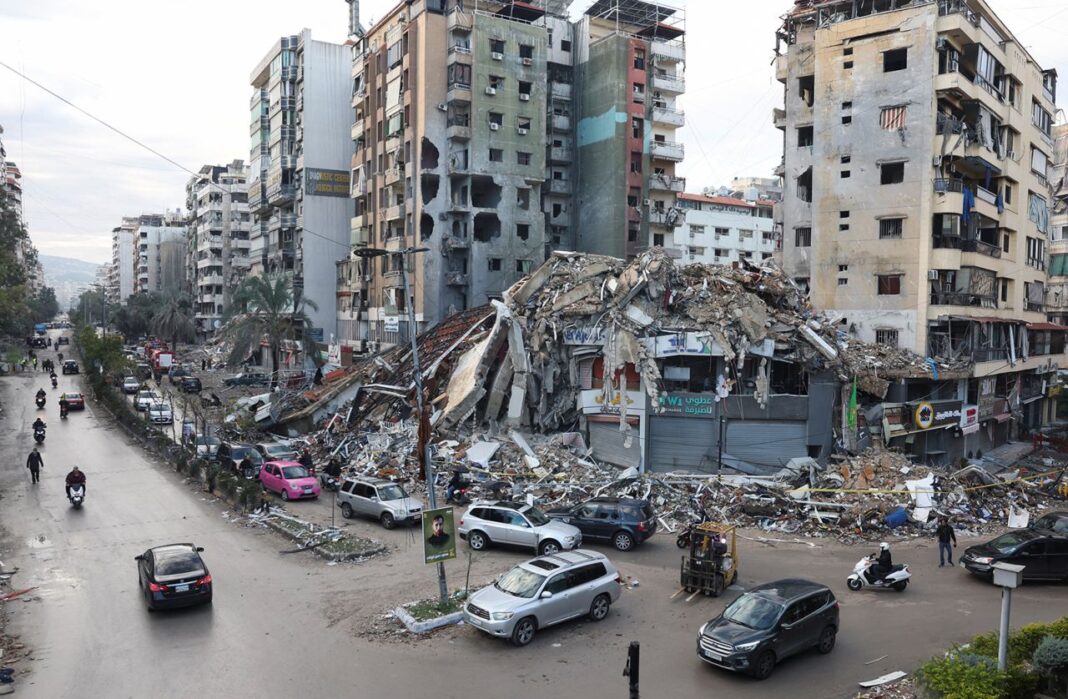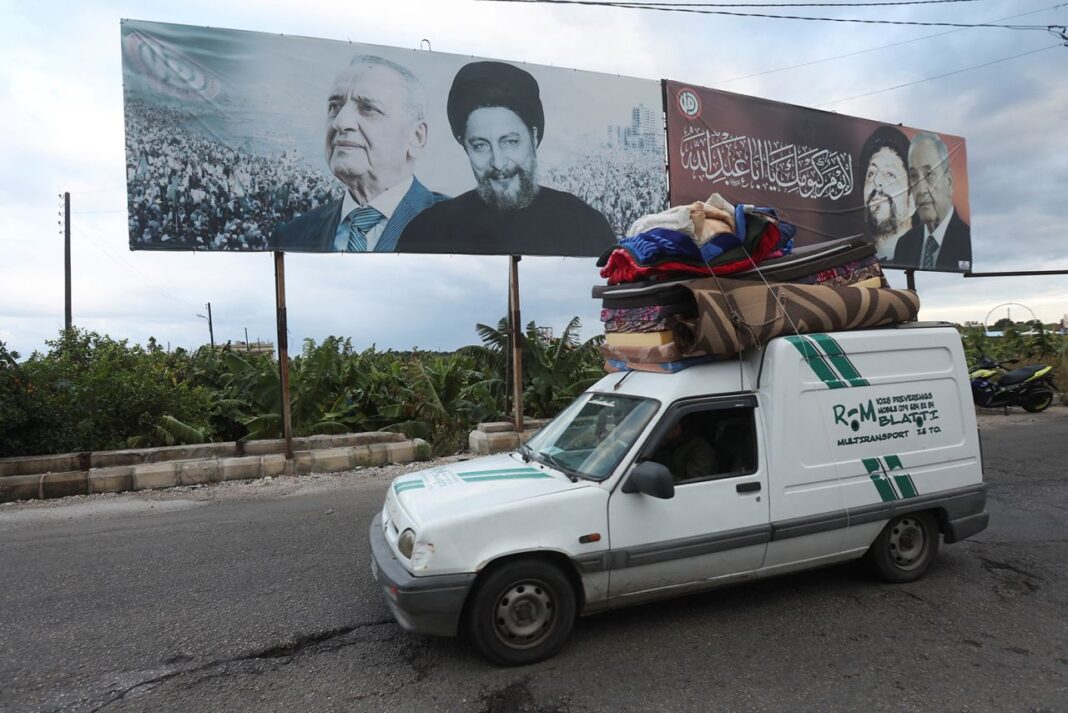The truce deal between Iran-backed Hezbollah and Israel is a halt to hostilities in Lebanon but a “ceasefire under pressure” that does not address core issues of the regional conflict, according to a Middle East analyst.
“The US has been pressuring Israel for months now to come to an end to the fighting. Hezbollah is similarly under pressure from Israel after having their entire leadership rank basically be decimated by Israel in a string of assassinations,” former Pentagon Middle East advisor Jasmine El-Gamal told CNN’s Anna Coren.
El-Gamal said the deal, brokered by the US and France, may take down the temperature in the region but the current deal only “brings us back to some sort of a status quo.”
Hezbollah began firing near-daily rockets at Israeli territory a day after Hamas, another of Iran’s regional proxies, attacked Israel on October 7 and triggered the ongoing devastating war in Gaza.
It is hoped that the 60-day ceasefire forms the basis of a lasting truce. The deal stipulates that Israel must withdraw all its forces, and that the only armed groups south of the country’s Litani river should be the Lebanese military and UN peacekeeping forces. It is based on the UN Security Council Resolution 1701, which ended the month-long Israel-Lebanon war in 2006.
Under the agreement, Lebanon would implement a more rigorous supervision of Hezbollah’s movements south of the river to prevent militants from regrouping there.
El-Gamal said the legitimate force of the Lebanese government – which is the Lebanese military – has always been met with resistance from Hezbollah.
It is expected that both Hezbollah and Israel will regroup and rearm during this pause, she said.





